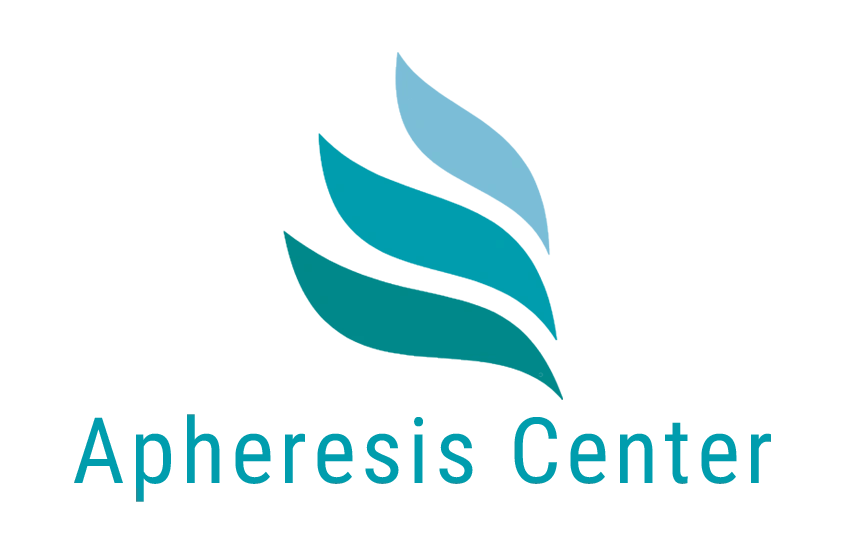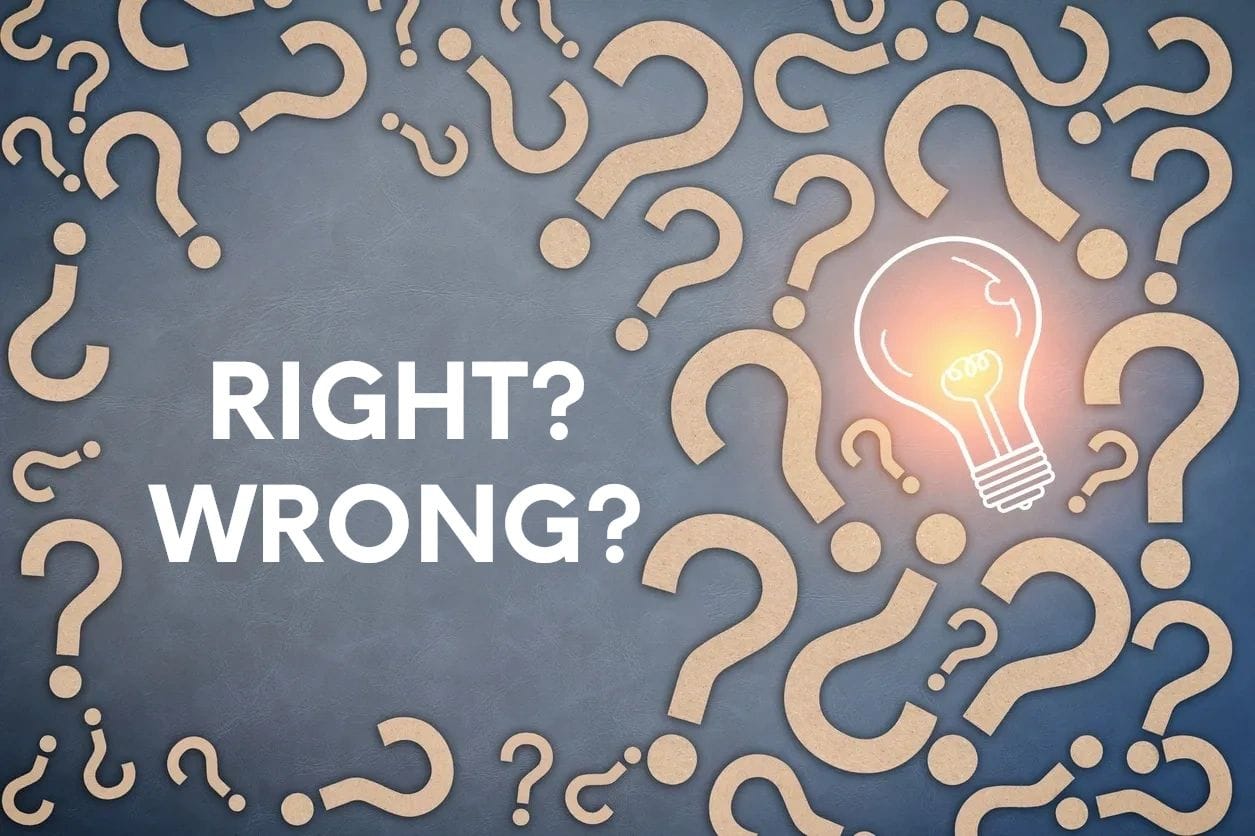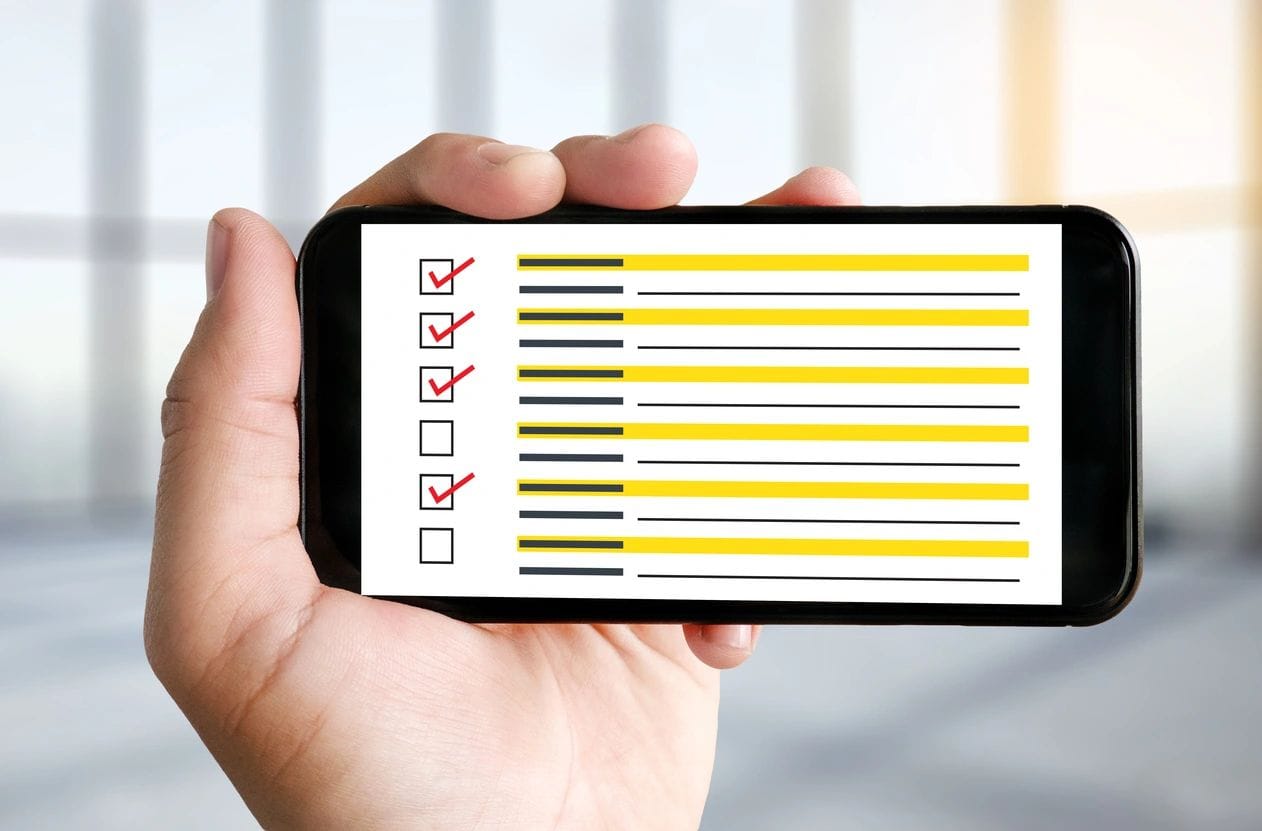La mayoría de mis lectores habituales del blog lo saben: Estoy totalmente recuperada de un Covid largo grave y no he vuelto a caer en el Covid largo durante las dos últimas infecciones de Covid, la infección por VRS y las infecciones gripales (que se suelen dar con un niño en la guardería).
Now some of you might remember that I still take mild blood pressure medication and have reading glasses, which I didn’t before, so one could say it is not a 100% percent recovery – but I guess that is a technicality at best, at least I am not complaining as in daily life that has no real influence on living quality.
It is soon three years since I got my live back after Long Covid and I like to think I have spent my time well – I spent it on medical data management and research, building a clinic for chronic illness and on my family – our newborn is 8 weeks old and doing really well. Live is good to me. That’s even more enjoyable after almost having lost my life to the virus three years ago.
And this is not a claim made up of thin air I make – it’s scientifically documented – I might have been ‘patient zero’ for combination therapy, but also inside this study I was patient Nr. 14: Long Covid Patients Successfully Treated by Means of Heparin-Mediated Extracorporeal LDL Precipitation (H.E.L.P.) Apheresis
Cuando surge una nueva enfermedad, muchos en el mundo de la medicina se apresuran a afirmar que saben mejor que nadie qué hacer y cómo tratarla.
Algunos afirman haber encontrado el mejor tratamiento.
Algunos afirman que nada de eso, pero al menos afirman que saben exactamente lo que NO hay que hacer.
As a patient who is affected by Long Covid, Post-Vac or Chronic Illness it is extremely difficult to navigate through the various topics. Who is a credible source and who isn’t – who do I believe? Which researchers, doctors, patients and journalists are on our side – meaning that they are trying to find real help for us and which ones have their own agenda not including our benefit?
Here is how I came up with own check lists how to find the right doctor’s and treatments and which sources to consider. It is likely of assistance to many out there – because being recovered means I have done some things right?
Checklist One (1): Journalists and Media – where to find good quality information
Sólo 3 puntos a comprobar aquí:
GREAT: Interviews with specialists and doctors about their clinical experience
This point is on top of my list – if you find the right doctor or specialist, their clinical experience is probably the best source of information one get’s – BUT: One needs to find the right doctors and experts (more to that later).
OK: Independent science journalists and independent media
This is a double-edged sword – most science journalists do not understand the complexity of the Long Covid and Post-Vac topic – so the very few good articles are rare to find. Even one of the arguably best ones of those articles (click here) – thanks to Charles Schmidt, really well done – mix up Plasmapheresis with TPE and often do not realise H.E.L.P. Apheresis substantially differs from Plasmapheresis (as it is a plasma modulating treatment, not a cascaded filter system) whilst at the same time still being a subform of Plasmapheresis (I know – this can be confusing – I tried to bring some light into the matter in one of my last blog posts here).
One source that is not bad either is independent media – channels or papers that are known for documenting, not commenting – because that leads to all voices and sides getting heard. Great example: ARTE TV which also broadcasted a documentary about our clinic, which you can find excerpts of here.
Pasemos ahora a la tercera categoría/punto: Cualquier otra fuente que no sean las dos anteriores.
The problematic social media groups are a topic we covered in an earlier blog post with Jed Bennet. Just last week I received a screenshot from a concerned patient who sent me a social post about alleged bleeding issues in connection with triple therapy and apheresis at our center. The only issue; the post had been posted mid 2022, way before we had introduced triple therapy in 2023 at our clinic and in general we never apply triple therapy and apheresis at the same time. As social media is a problematic source because of the enormous amount of fake accounts and no controls about content quality, misinformation can’t be avoided, hence it does not serve well as information source.
Other media: So far I have not seen many journalist out there who were able to wrap their head around this topic, writing a valuable story. And the clue is often in the name – they write, well, exactly that – stories.
Checklist Two (2): Doctor’s – where to find one that cares for you and tries to help you, even if she/he needs to think ‘Outside the box’ at times
Todas tienen en común los siguientes puntos de control:
– they are on the side of patients no matter what
– they are treating patients to their best knowledge and abilities without putting them at risk
– they do not run down other doctors and researchers, but accept other opinions and clinical experience
– they network for the benefit for patients
– they follow guidelines, but don’t hesitate to criticise them where needed
– they don’t have (undisclosed) conflicts of interests (e.g. being the CEO or advisor of a pharmaceutical company)
Some of my favourites: Dr. Gustavo Aguirre-Chang, Dr. Beate Jaeger, Dr. Harald Matthes, Silke Fischer, Dr. Gunnar Bücker, Dr. Scott Marsland, Dr. Tina Peers, Dr. Stuart Malcolm, Dr. Jordan Vaughn, Dr. Minha Rajput-Ray and of course – Dr Irina Pavlik Marangos.
Punto extra de la lista de comprobación: si un médico tiene experiencia con enfermedades crónicas en su familia o incluso él mismo, suele ser bastante seguro decir que estarás en buenas y comprensivas manos.
Whilst some of the best information comes from great doctors and researchers (often from those engaged in both disciplines), unfortunately also the worst information quality available comes from other doctors. After having been abandoned and gaslit by dozens of doctors that does not come as much of a surprise to most of us? Doctor’s who have not treated a single patient successfully, have not even seen an apheresis machine in real-life, haven’t spent any time with the relevant papers, but seem to know everything best. Rule of thumb: If she/he has not treated a few hundred patients successfully and can’t enumerate a list of a dozen antivirals, anticoagulants or other medications she/he uses on a daily base for Long Covid and Post-Vac and can’t tell you the exact pH value the plasma is modulated at in H.E.L.P. Apheresis – well, I don’t think I need to say more?
Checklist Three (3): Treatments – which are having potential to significantly improve or even cure?
De nuevo, sólo 3 puntos a comprobar aquí:
– Treatments that fix hyper coagulation issues whilst removing spike protein and pathogens, bringing the body out of inflammation state back to homeostasis
– Treatments that address neurological problems
– Treatments that address immunological problems
Our medical team’s current take on the above you can find here: Combination Therapy at the Apheresis Center
Checklist Four (4): Researchers – who is researching with the goal of finding treatments for us and who is just part of an – at least partly – broken system?
No hay una verdadera lista de control.
Corrupted science journals, publish-or-perish and ‘science is a club’ – just three of the many issues current science is facing, may it be driven financially, politically or from the inside of the science community.
Últimamente hemos visto que los mejores trabajos proceden de pequeños grupos independientes de investigadores que realmente quieren encontrar soluciones y abogar proactivamente por nuestra comunidad.
Rule of thumb: If the researchers are called Proal, Iwasaki, Jaeger, Aguirre-Chang, Kell, Pretorius, Putrino or similar – pretty sure you are dealing with some badass professionals that research the s*** out of LC and PV and chronic illness…
The doctor’s and researchers listed in this post are definitely real-world heroes to the chronic illness community and I could not agree more with Resia Pretorius’ words here.
Al final de mi entrada en el blog quiero que sepas por qué escribí esta entrada (fuera de la programación mensual habitual).
Lo escribí porque la semana pasada perdimos a otro paciente de nuestra comunidad. No una pérdida mortal como las que hemos tenido tan a menudo en los últimos años por un derrame cerebral, por suicidio o por acudir a Dignitas.
No, una de esas trágicas pérdidas por enfermedad crónica.
Someone who was about to undergo treatment, but at the last moment was urged to stop treatment by someone ‘who knew better’.
This is why I wrote this blog post today. I hope we do not lose too many of our community to ‘someone who knows better’.
In my opinion everyone is free to bring criticism or endorsement up, if they are an expert within the discussed area, but solely stating ‘I don’t understand how’ or ‘I know better’ – is a comment, not the critique of an expert.
Not only do these sorts of comments of people ‘who know better’ hold no value for affected sufferers, they lead to bad decisions affecting lives: We have learned by now that not doing anything and waiting will only work out for very few of us, but most of us will get worse over time.
So whatever chronic illness treatment you plan to undergo, my advice from personal experience: Don’t waste time, do it as timely as possible. And please listen to people who do know – and prove it every day by helping patients – and not to people ‘who know better’ – but never helped a single patient!


